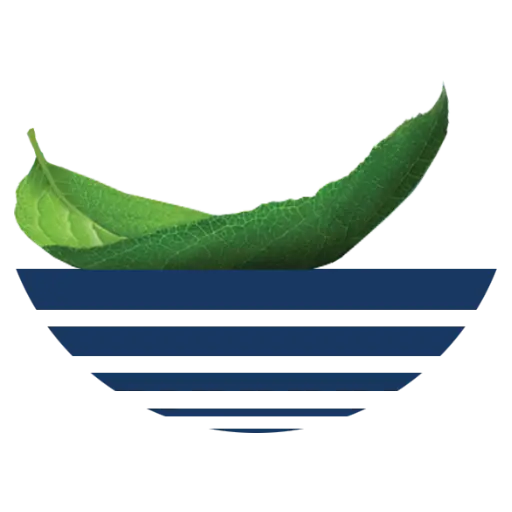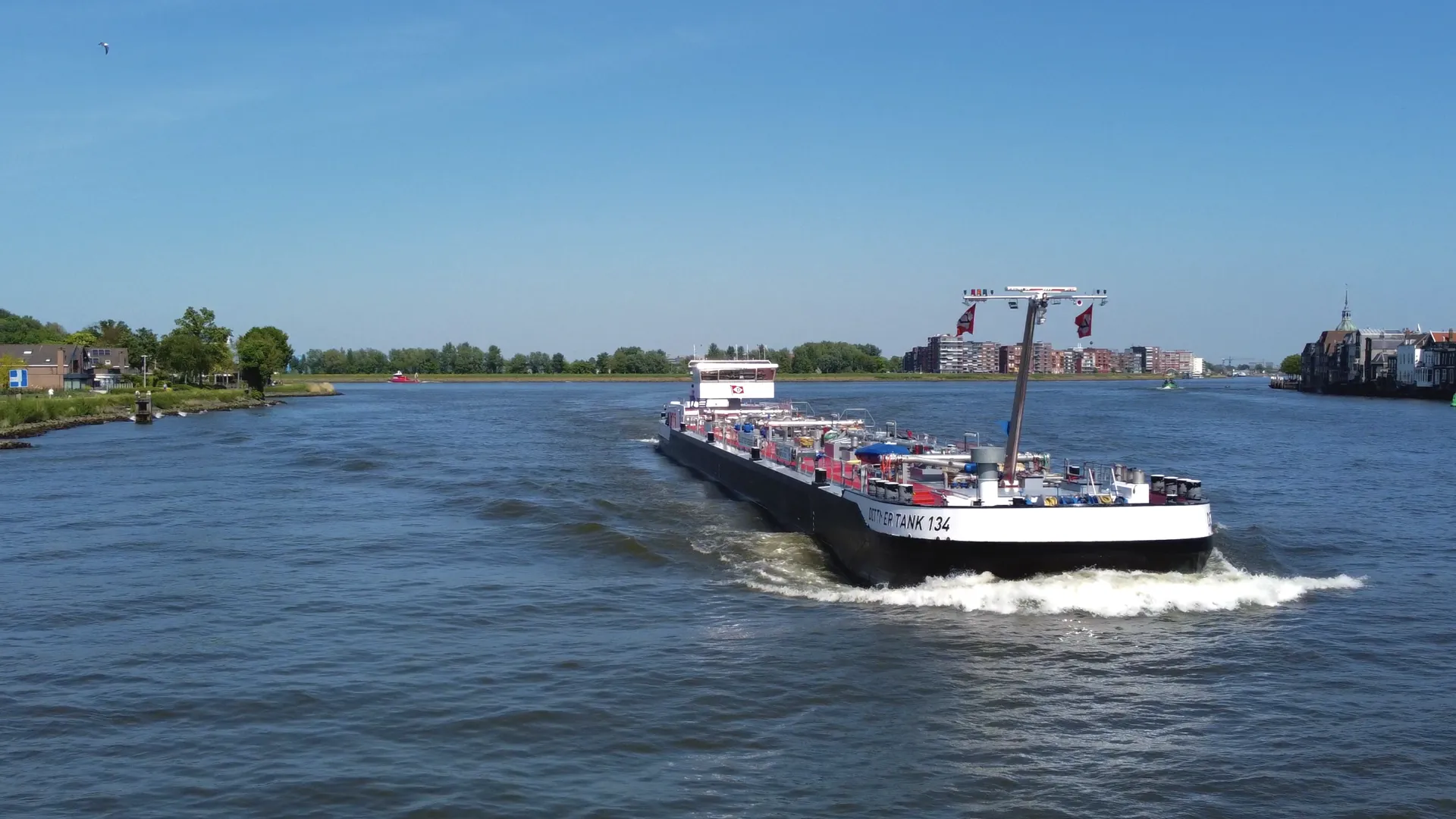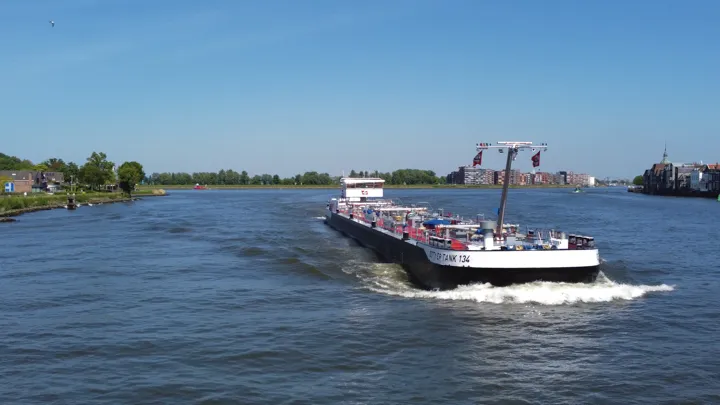Dettmer Tank Series with CFD-Optimized Ship Propellers
Author: Jeroen Berger • Publication date:
The christening of the Dettmer Tank 120 on October 29, 2016, marked the beginning of a new generation of inland tankers for B. Dettmer Reederei in Hamburg. In the following years, the series was expanded with the Dettmer Tank 122, 124, 126, 128, 132, and finally, the Dettmer Tank 134.
At their introduction, these vessels represented a step forward in terms of performance and fuel efficiency. Thanks in part to their optimized propulsion technology, these tankers remain an efficient and profitable choice in European inland shipping today.
Optimized Ship Propellers for Enhanced Propulsion
For almost the entire Dettmer Tank series, our partner—an expert in efficient propulsion—supplied advanced ship propellers optimized using Computational Fluid Dynamics (CFD). With this scientifically validated technology, the shape and placement of the 1.40-meter-diameter ship propellers have been optimized, ensuring smoother water flow, reduced hydrodynamic resistance, and improved energy transfer.
A Balanced Design as the Foundation for Performance
The hulls of these vessels were built by Gebr. De Jonge and designed according to the De Jonge ECO-NOMY concept. This design focuses on achieving an optimal balance between cargo capacity and resistance while maintaining an air draft of 4.08 meters.
A key aspect of the Dettmer Tank series’ ship design is the positioning of the shaft lines, which are angled 5 degrees backward. This construction naturally directs water towards the efficiently designed ship propellers, reducing resistance and lowering fuel consumption. As a result, the vessels operate more smoothly and consume less energy.
Performance and Fuel Consumption in Practice
The vessels’ propulsion system is powered by two Volvo D13 engines, each delivering 500 hp. In combination with the advanced ship propellers, the tankers can reach speeds of up to 18.5 km/h, even when loaded with 1,250 tons and operating at a draft of 2.50 meters. This highlights the effectiveness of the propeller configuration and the crucial role CFD has played in optimizing the propulsion system.
Beyond the CFD-optimized ship propellers, the Van der Velden three-rudder system—developed under the Aqua Logic concept—also plays a vital role in vessel performance. The combination of ultra-thin rudders with an airfoil profile and rudder blades that rotate outward up to 21 degrees contributes to improved maneuverability and reduced energy loss. This allows the Dettmer Tank series vessels to navigate with greater precision and maintain stability, even in challenging sailing conditions.
Looking for more inspiration? Visit our featured projects page and explore practical examples of more sustainable and efficient sailing. Learn how inland vessels operate more energy-efficiently with innovative technologies, in addition to CFD-optimized ship propellers.



